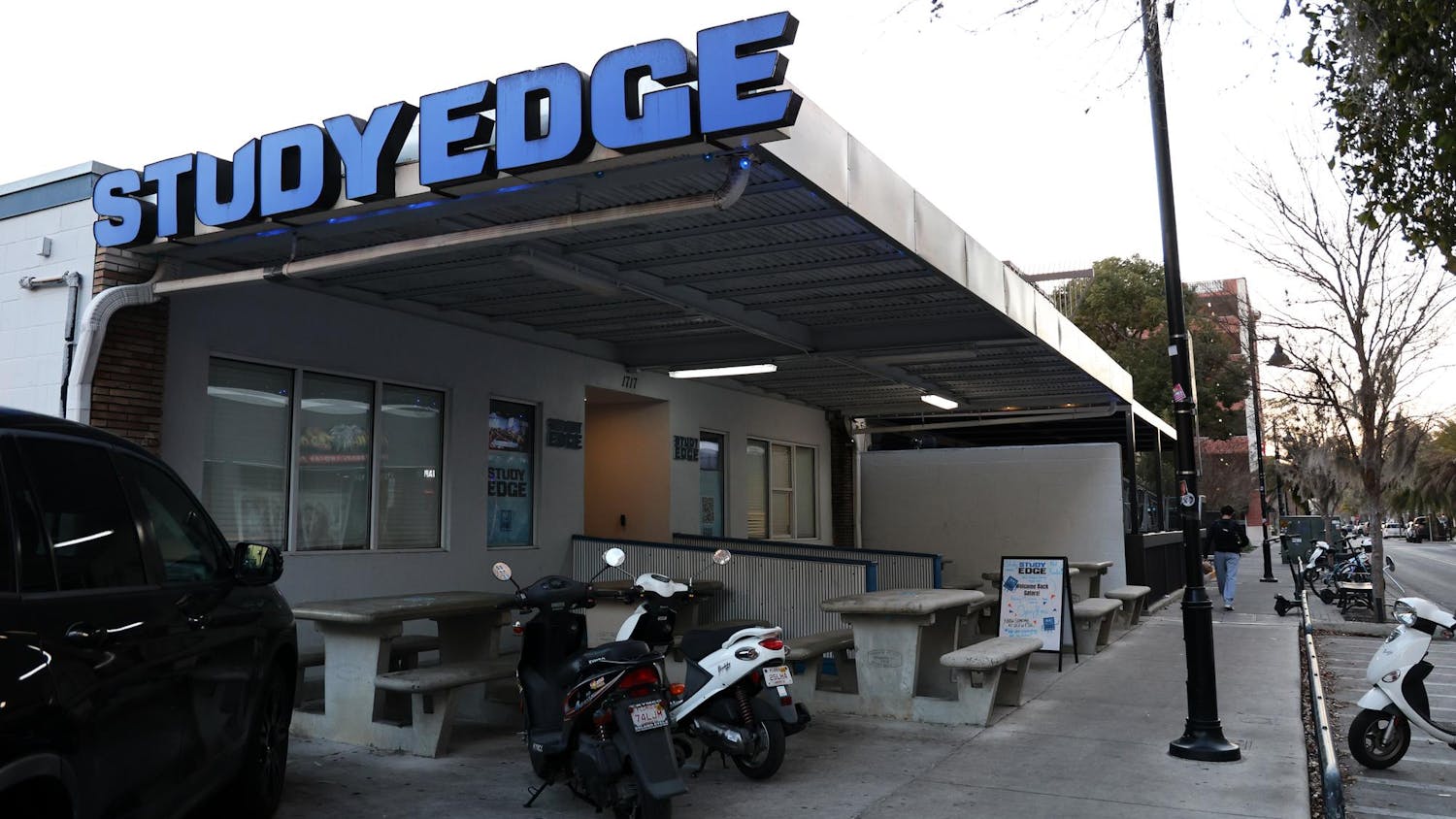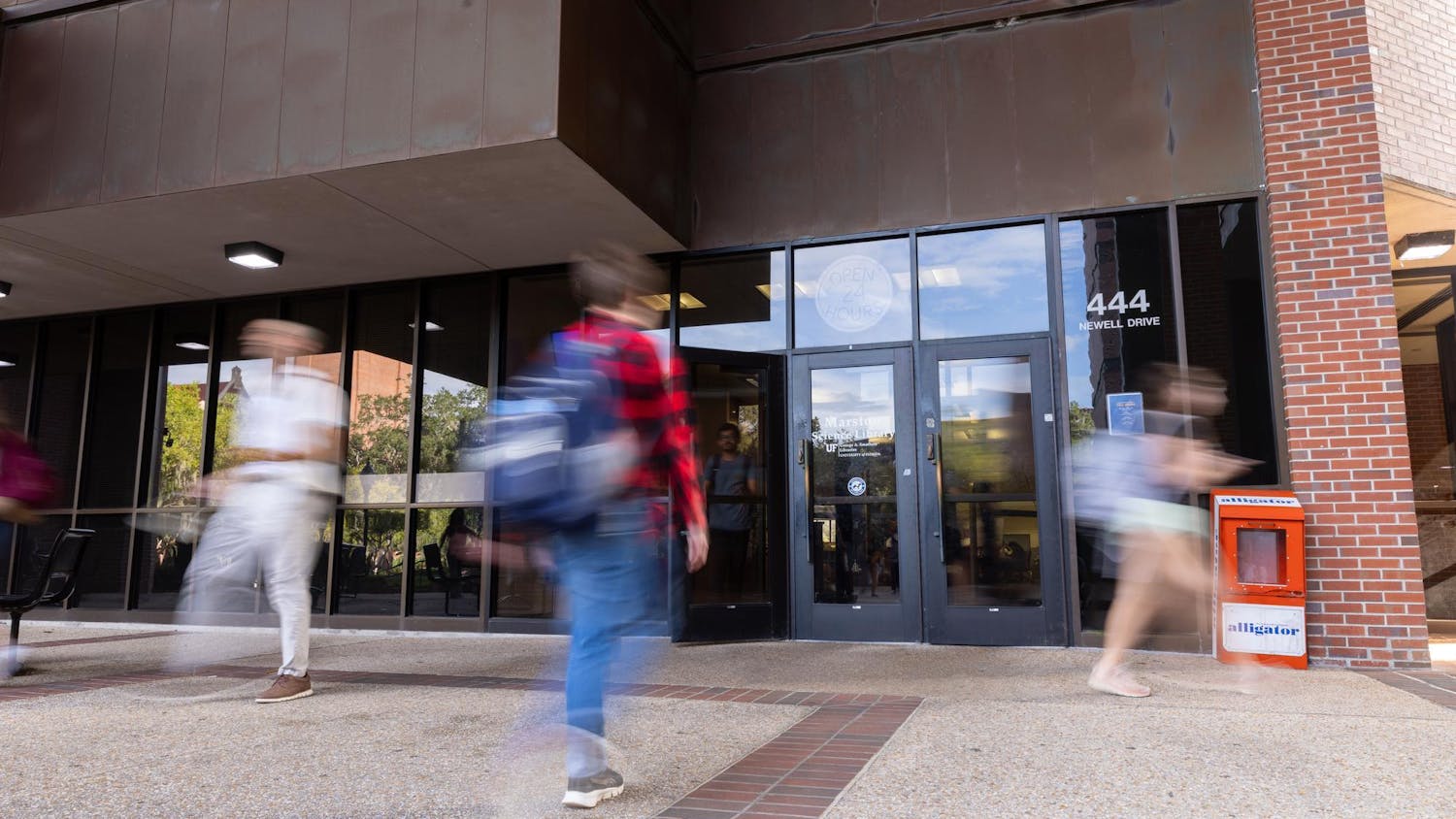
The changes to graduate school exams are also affecting graduate school admissions requirements.
The world looks different during COVID-19, but the daunting task of studying for post-graduate entrance exams is still weighing on students’ minds.
Medical and law school testing formats made accommodations for the limiting circumstances presented by COVID-19. Students are working hard to prepare for the exams while balancing mental health, online class loads and living at home.
The most common grad school entrance exams are the Law School Admission Test, Medical College Admission Test and Graduate Records Examination General Test.
The Medical College Admission Test is the standardized test for prospective medical students in the U.S. and it covers key concepts and prerequisites for studying medicine.
Students will still take the MCAT in person on the date they register for in socially distanced testing rooms, according to the Association of American Medical Colleges website. If an examinee tests positive or is exposed to COVID-19 within 14 days of taking the test, there is no fee to cancel or reschedule the exam.
Students can apply for accommodations like extra time and additional breaks if they have a disability or medical condition that would require these. Supporting documentation must be provided.
The emotional and mental exhaustion of test prep will have been worth it for Adebayo Olaoye, a 20-year-old UF biology and psychology junior, if he gets a good score. He is spending more time at home due to online classes and COVID-19 but wishes he could interact with others also preparing for the MCAT.
Olaoye prefers to study in groups so he can bounce ideas off other people and figure out which topics he hasn’t paid attention to, he said. He hasn’t been able to do that recently.
“It’s important to get other points of view,” Olaoye said. “Maybe you’re missing something or maybe you’re butting heads on a certain topic.”
Olaoye hopes to attend the University of Texas for medical school. He plans on studying neuroscience and becoming a neurosurgeon in the future, he said.
Michael Contu, a 21-year-old UF biology senior, said he has a love-hate relationship with studying for the MCAT.
Contu planned to take the MCAT in September and started studying for it in May. When COVID-19 caused mass quarantine, he moved his test date to January 2021 so he could focus on his mental health and wellbeing.
“I feel like I’m constantly climbing this mountain,” Contu said. “That is the most challenging part, reminding myself that it’s one step a day.”
Kimberly Hall, a 21-year-old UF marketing junior, had the option to take the GRE or the Graduate Management Admission Test for her graduate business school application. Because the GMAT is only used to apply to business school, she thought it better to focus her attention on that test, she said.
Hall took the GMAT in August, after studying for about two months. She began studying in June to prevent having to cram before the test, she said.
“I was able to go through the entire thing without having to stress about not having enough time to finish it all,” Hall said.
Hall spent hours researching whether she should take the exam in person or online and ultimately decided to take it at home, she said.
“I was able to study in that environment, which allowed me to remember easier,” Hall said. “It's a lot easier when I'm studying in the same place that I'm taking an exam.”
On her first try, Hall earned a score within the range required to get into UF’s combined degree program for international business. This program allows a student to take graduate school courses while finishing their undergraduate degree. She applied for the program in August and will find out if she is admitted in December, she said.
The Law School Admission Test tests the skills necessary for success in the first year of law school, according to the Law School Admission Council’s website. In response to COVID-19, all tests taken from November to April 2021 will be an online, proctored version of the test, called LSAT-Flex.
Rhodes Evans, a 21-year-old UF psychology and political science senior, took the test in August and will take it again in the Spring. She thinks of it as a game -- you get better with practice. She studied at home during the summer, where she was quarantined with her three loud siblings, she said.
“Living, eating, studying and existing all within the same space can be really hard,” Evans said.
As Evans approaches her second test date, she spends about 20 hours a week studying material. She tries to take weekends off to let her mind breathe, she said.
“It just sometimes makes your personal experiences feel so small when the state of the world is chaotic,” Evans said.





